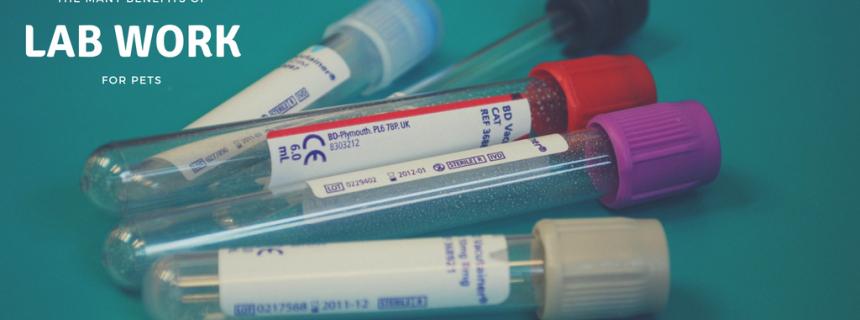This collection of Dog Laboratory articles has been curated for you by 4 Paws Veterinary Care. If you would like to talk to a veterinarian, please give us a call at 518-300-4279.
Avoid Pancreatitis This Thanksgiving
Thanksgiving has a way of leaving the entire family feeling stuffed and sluggish, but if your dog or cat is also experiencing these signs (or others, such as vomiting or diarrhea) this holiday season, don’t ignore it.
Read More
Could It Be Cushing’s?
What Is Cushing’s Disease?
Cushing’s disease, also known as hyperadrenocorticism, occurs when the adrenal gland produces too much of the naturally occurring steroid hormones, primarily cortisol. It is one of the most commonly occurring hormonal disorders in dogs. Excessive levels of cortisol can have widespread effects on the body, including the skin, kidneys, bladder, immune system, nervous system, and musculoskeletal system.
Read More
What to Do When Your Pet Won’t Eat
When your pet suddenly loses his appetite, it can be concerning—particularly if you’ve got a regular chowhound on your hands.
Read More
Much Ado about Fido's Food
As many of you may have heard or seen on social media recently, the FDA put out a warning advising dog owners that there appears to be a link between grain-free, exotic ingredient or boutique diets and a dangerous heart condition called Dilated Cardiomyopathy (DCM). Given how many people feed their dogs these foods, this has the potential to be a VERY big issue!
Read More
The Many Benefits of Lab Work for Pets
As veterinarians, we often wish we could just ask our patients to tell us where it hurts. Unfortunately, evaluating sick pets is much more complicated, which is why blood work is such a valuable diagnostic tool.
Routine blood testing can help determine causes of illness, verify organ health prior to anesthetized medical treatments, and aid in the general maintenance of healthy pets.
Read More







